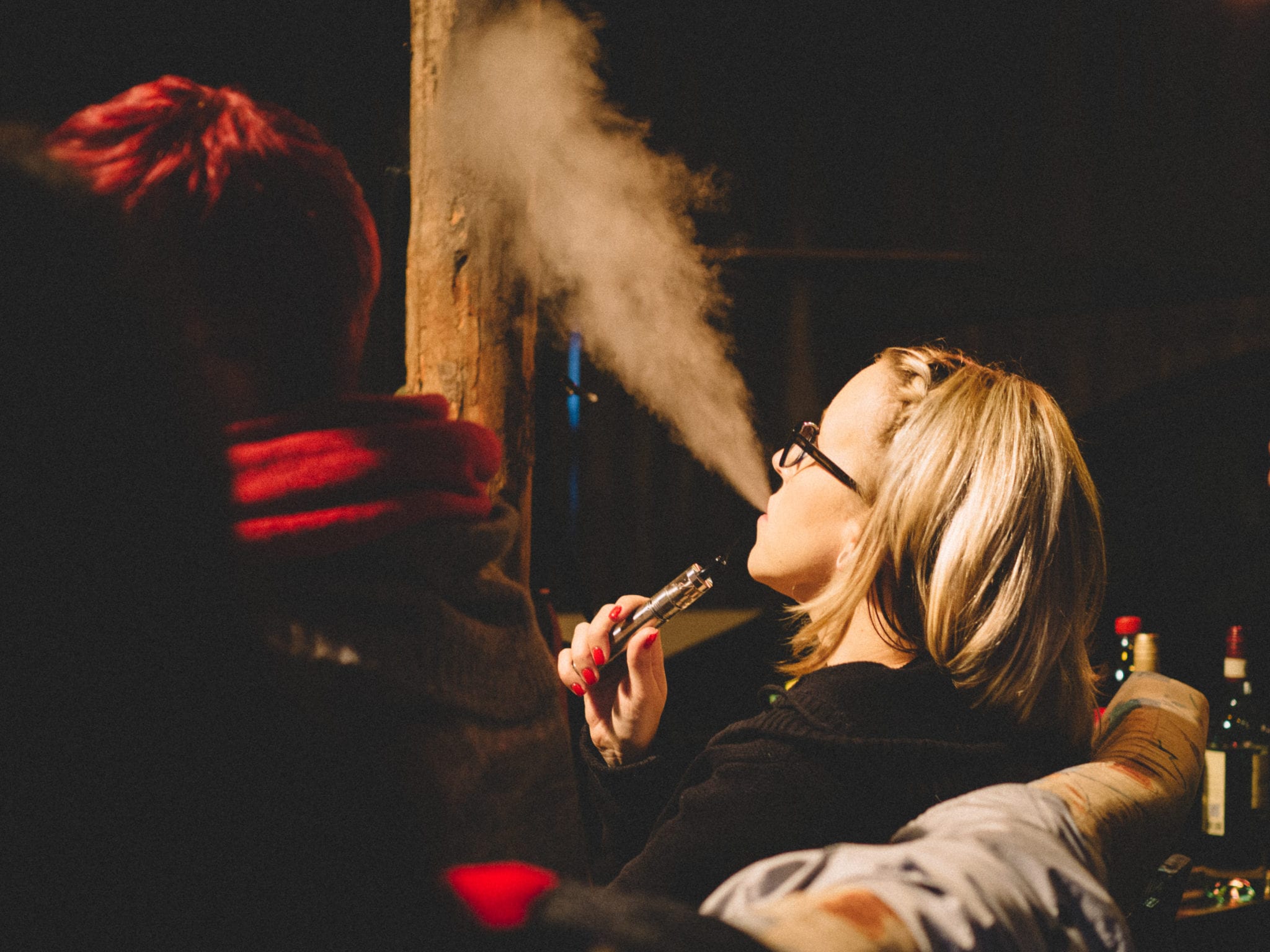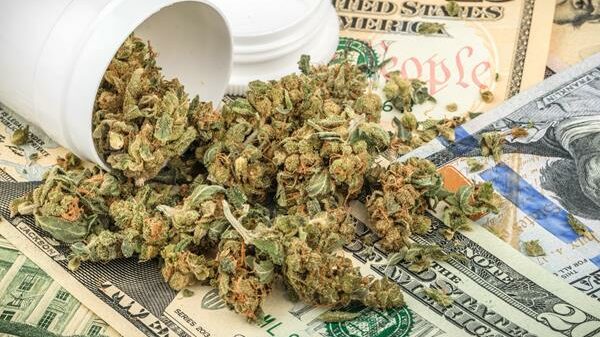In the battle to combat counterfeit vapes that are causing severe lung illnesses, one company is labeling cannabis with encryption technology to protect consumers.
To battle counterfeit cannabis products, solo sciences — an Akerna (NASDAQ: KERN) company — is slapping a cryptographically-secured stamp on pot packaging, which consumers can scan using their phones to verify the product.
On Monday, solo sciences announced its secure stamp, called the solo*CODE, would be appearing on all products produced by 14th Round, the largest vape tech and design company in North America, according to a company press release.
Anti-counterfeit technology is like ‘seatbelts and airbags’
“Through this collaboration, we intend to set a standard the whole industry can embrace,” 14th Round CEO Trent Overholt said in the press release. “It became clear to both of us that anti-counterfeiting wasn’t a nice-to-have, but rather a necessity for consumer safety, much like how seatbelts and airbags became default features in properly designed and engineered cars.”
With the prevalence and affordability of counterfeit cannabis products out there it can be difficult for consumers to detangle what is licensed and regulated versus what is bootleg.

Cannabis consumers can use the solo* app to verify their pot products. Photo courtesy of solo*.
Read more: Newfoundland and Labrador follows Quebec’s ban on weed vapes
Vape companies like Connected Cannabis Co., Heavy Hitters and Kingpen have struggled with copycat lookalikes. Other products appear under the name Dank Vapes, which isn’t actually a brand or even a company — it’s just a label slapped on products by illicit producers.
Flower isn’t even safe. Over the summer, counterfeit excise stamps were found in the Canadian prairies slapped on pre-rolls.
And that is creating serious consequences.
Thousands sick, 48 dead
While the U.S. Centres for Disease Control and Prevention (CDC) and the Public Health Agency of Canada are still investigating what exactly caused the 2,291 American and 13 Canadian cases of vaping-associated lung illness, both agencies seem to agree black market products containing vitamin E acetate has something to do with it. So far 48 people have died in the vape crisis, according to the CDC.
Read more: First study on vaping illness outbreak shows toxic chemical fumes may be culprit
And vitamin E acetate is prevalent in black-market products.
In an Oct. 5, 2019, study CannaSafe, an an accredited cannabis testing lab in Los Angeles, found counterfeit vape products under the brands Kingpen and Dank Vapes contained 31 per cent and 35 per cent vitamin E acetate, respectively.
Real Kingpen products, it’s worth noting, are only sold in licensed shops in states where cannabis is legal.
Curious about your cannabis? Check its compliance with your cell
The solo*CODE stamp can be printed on any pre-existing packaging and consumers, using the solo* app can track if the product follows regional regulatory compliance from seed-to-sale.

The solo* verification stamp can be printed on any pre-existing packaging. Photo courtesy of solo*.
Akerna isn’t the only company offering seed-to-sale tracking technology, though they are one of the few that allow consumers to verify products for themselves.
Ample Organics is a Canadian track-and-trace company partnered with cannabis giants Aurora Cannabis, Inc. (TSX: ACB and NYSE: ACB), Aphria Inc. (TSX: APHA and NYSE: APHA), The Green Organic Dutchman Holdings Ltd. (TSX: TGOD and US: TGODF) and OrganiGram Holdings Inc. (TSX-V: OGI and NASDAQ: OGI) to ensure regulatory compliance.
TruTrace Technologies, Inc. (CSE: TTT and OTCQB: TTTSF) is another Canadian company that uses blockchain to identify, track and verify the source of cannabis genetics used by medical patients with their StrainSecure verification.
Both companies are used in the medical cannabis program offered through Shoppers Drug Mart.
Read more: Shoppers Drug Mart will use blockchain technology to trace medical pot quality
michelle@mugglehead.com
@missmishelle













